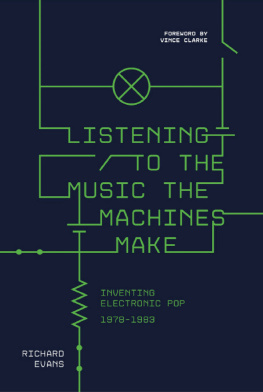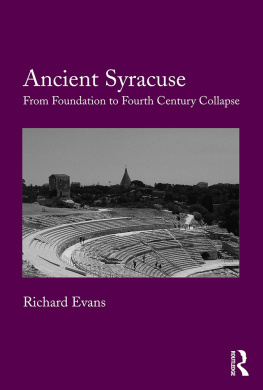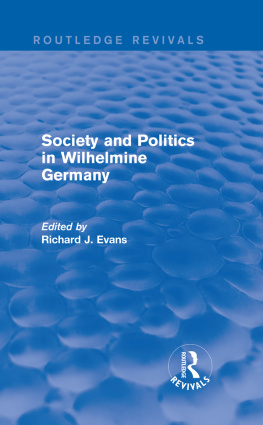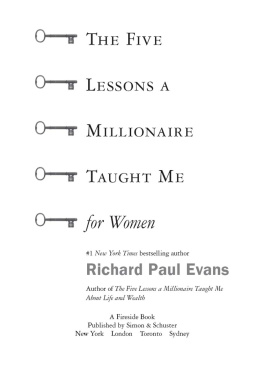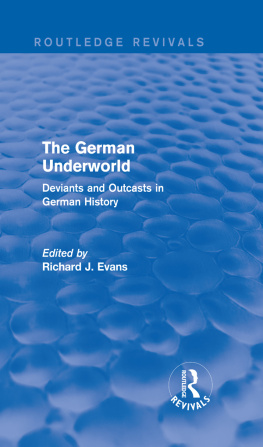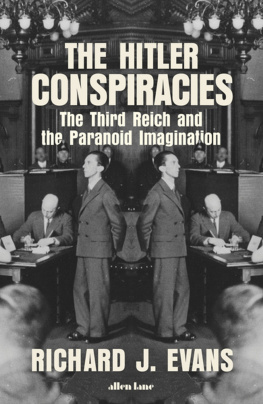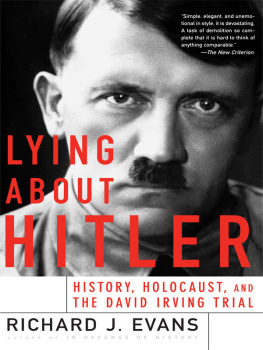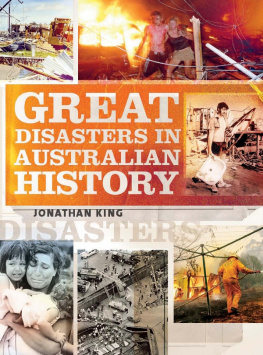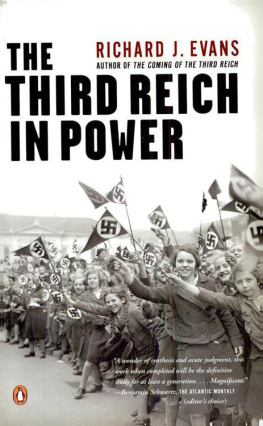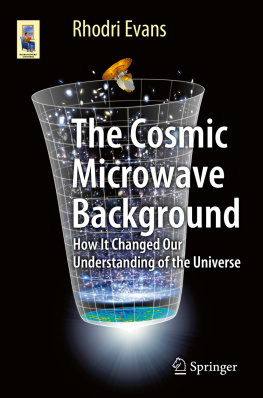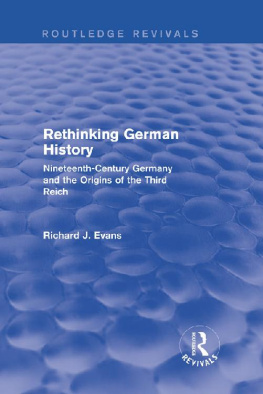INTRODUCTION
As I write, smoke from the worst bushfires in Australias history hangs over my city. It filters the light of the sun, giving everything a golden tinge. It would be quite pretty, if you did not know what had caused it, if you did not know that the police are still recovering the charred remains of people who, two days ago, died horribly.
Some of the fires are still burning and the dead are still not counted, but already there is bitter argument. Without exception, it seems, the disaster of Black Saturday has confirmed our prejudices. Climate change sceptics blame greeny councils who would not allow fuel-reduction burning. Fundamentalist Christians say that this is biblicalthe wrath of God, punishment for Victorias recent decision to decriminalise abortion. For environmentalists, this is global warming in action: the shape of things to come. People are hurting, angry, searching for someone to blame.
Disasters do this. They divide and traumatise society. In the anger and grief of the aftermath, people reveal themselves and what divides them. The picture is not always flattering.
There is another side, of course, as the response to the bushfires has shown: the heroism and dedication of those who fight the fires and help the wounded and dispossessed; the spontaneous generosity of the wider public; the determination of small communities to rebuild. Astonishing stories of survival capture our imagination. Fundraising events become celebrations of community spirit.
It is not yet clear how Black Saturday will change Australiabut it will. That is something else disasters do: they are agents of change.
The ancient Greeks had two words to describe time. There is chronos, ordinary time: the ticking of a clock, the passage of the sun in the sky. And then there is kairos, usually translated as critical time but it is something more than that. Kairos time is a rupture in the state of the world, the moment when everything changes.
For an individual, kairos might be a serious car accident: people dead, brain injury, charges, jail. There is a break: life before, then life after what those affected will come to call the Accident. Kairos may last a few seconds, but it also endures, sometimes without end. The Accident will be with those it touches for years, perhaps whole lives. It will revisit, in nightmares and daydreams. Some fail to adjustShe never recoveredwhile others succeed in making a new life. But still, the Accident defines them, becomes part of their being.
A major disaster is kairos on a grand scale. It is a rupture in how we understand the world and ourselves, not just for individuals or a small group, but for society as a whole. The people of Darwin talk about things happening before Tracy or after Tracy: the cyclone is a fault line in the citys past. For the survivors of World War I, the world before August 1914 was like a lost paradise, a golden time before the human race went mad.
But in historical terms, disasters are not aberrations. There is no normal state of affairs which a disaster disturbs before things return to normal. For every society, disasters are an integral part of growth and change.
Disasters take many forms: some are the work of forces of nature, like a bushfire. Others are entirely man-made: war, economic collapse, setting rabbits loose. Some happen abruptly, others unfold over decades. Regardless, there are consistent patterns to the experience of disaster. There will, usually, be warnings of dangerwhich are usually ignored. There is the moment of impact, and the communitys immediate response. And last comes the hardest part: accepting that we live in the aftermath of a terrible event, and learning from it, especially learning what we did wronga social and political struggle over what the disaster means.
Disasters have an economics, a political science, a theology and a psychology. Above all, they have a historyor rather, two his tories. There is the messy reality of what happened, and there is a comforting story which allows us to handle that reality.
Attempting to understand and assimilate the tragedy of World War I, Australia created the legend of the digger and a sacred day. We remember the Depression as a time of suffering, but also as a time when Australians pulled together and looked out for their neighbours. Any account of Cyclone Tracy will laud the generosity of the rest of Australia in helping the distressed people of Darwin.
As inevitable as the regrowth after a bushfire, an Australian disaster will produce stories which affirm the essential goodness of the Australian people. We will discover, again, that we are stoic, brave and resourceful, good in a crisis. In the short term, this is perhaps socially necessary: it helps us recover our morale and start rebuilding. But too often in Australia, we never go beyond this point. If there is blame, we lay it with foolish individuals, or with negligent officials who fail in their duty to protect the community. There is rarely any searching examination of the wider community, of our attitudes and beliefs and patterns of behaviour.
Australian disasters have often been much worse than they needed to be, because we ignored credible warnings. For years before the 1939 Black Friday bush fires, forestry officers urged timber millers to build dugouts to protect their workers. But by the time the fire came, many had not bothered, and dozens of mill workers died.
There are many examples of disasters that could have been averted. As long ago as the 1960s, experts warned that urban Australia was wasting water, that we had no business hosing down cars and driveways and growing rose bushes in the driest of continents. It took a catastrophic drought at the beginning of this century before we paid much notice.
Even worse, our response to disaster has sometimes been angry denial that there was a disaster at all. We celebrate the audacious engineering of the Snowy Mountains Hydro-Electric Scheme, but explain away its high economic and environmental costs with vague talk of national pride. We celebrate the courage of the Anzacs charging up the cliffs of Gallipoli, but pay much less attention to the pointless slaughter of the Western Front, suicidal campaigns which were fully supported by an Australian prime minister who fiercely denounced any attempt to negotiate peace.
+ + +
This book is the result of a long personal journey as a writer and an historian. Exploring Australias pasta lifelong fascinationhas brought with it the realisation that many of the comforting myths I grew up with do not withstand scrutiny. These myths are resilient: they are the basis for the official Guide to Becoming an Australian Citizen, which takes the prospective Aussie on a feel-good tour through a national past of explorers and gold, Simpson and his donkey, Phar Lap and Federation, the Snowy Mountains and multiculturalism. The story is far more complex and sharp-edged than that, and far more interesting.
Australia needs to re-examine its past, peel back the familiar comforting stories, and rethink how it has responded to disaster. We need to learn from our mistakes, especially from our signature mistake: the belief that we have nothing to learn.
Richard Evans
Melbourne, 9 February 2009




